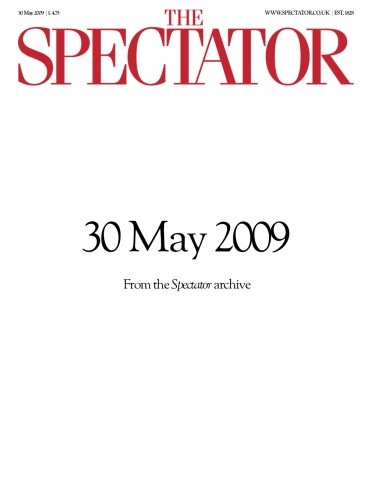Straitened circumstances
There are more lesbians in fiction than you could shake a stick at, of course. Graham Robb, writing about late 19th-century fict- ional lesbians, has observed that the fin-de-siècle lesbian was educated at a boarding school or a convent. She was frighteningly self-possessed, wore dark colours, read novels, smoked cigars, injected morphine or inhaled ether,

